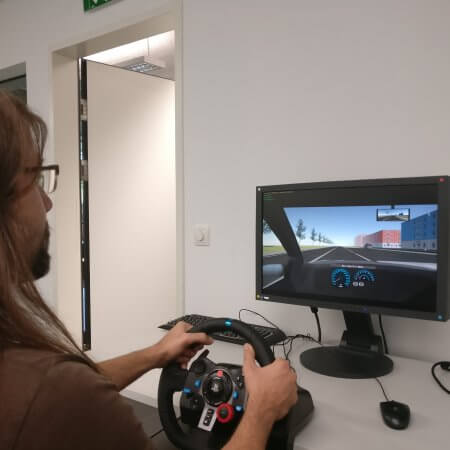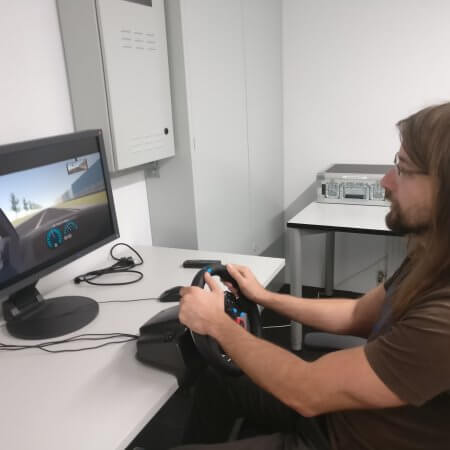Study results from a large scale questionnaire study and follow-up interviews conducted within the MaDSAV project reveal new findings regarding the potential loss of manual driving skills when operating highly automated vehicles for extended periods of time.
According to these results, initial driving skills play the biggest role in driving skill retention, which means that a strong initial skill set could counteract deskilling effects. As a consequence, driver training will have to put more focus on operating advanced vehicles with ADAS and automated driving functions, in order to adequately prepare drivers for future driving scenarios with low amounts of manual driving but occasional control transitions from automated to manual driving mode.
Adequate Situational Awareness is the deciding factor for the success of such control transitions. In-vehicle design for control transition interfaces inspired by inflight displays in aviation are currently being investigated in order to derive design inspirations from an already heavily automated domain.
The questionnaire results were presented at Automotive UI 2016 and are available online via the ACM Digital Library. The interview results are currently under preparation and will be presented at Automotive UI 2017.
Currently, a Home Simulator Study is about to be conducted, in which deskilling over time will be investigated more closely by measuring changes in individual driving task performance. The Simulator is Unity 3D based and is being developed by the Luxembourg Insitute of Science and Technology (LIST).






